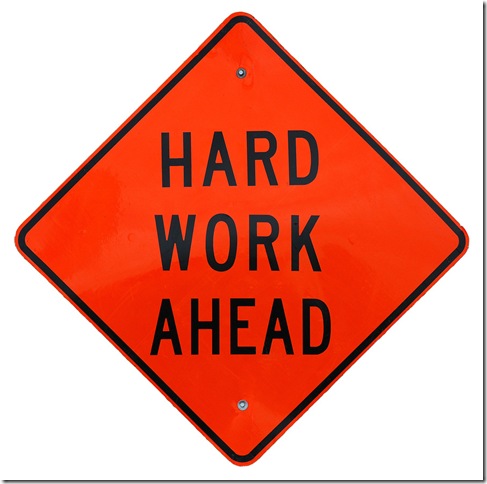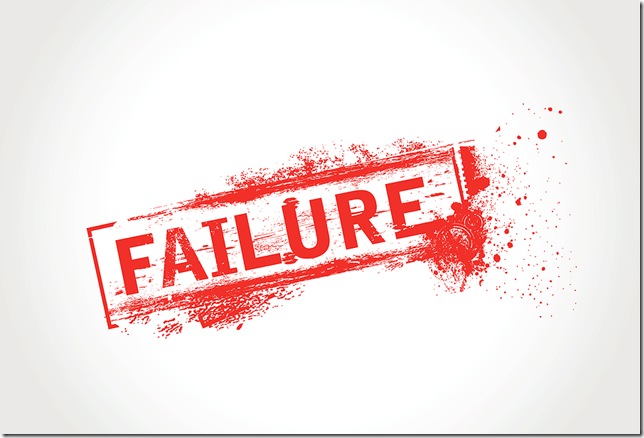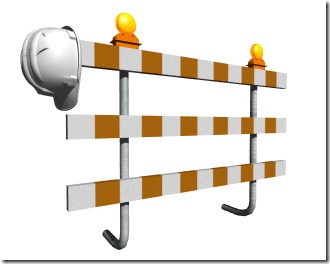I was recently co-interviewing candidates with my client for one of his open positions. Together we interviewed 3 candidates all in the same day.
Obviously, two of the candidates didn’t get the job. One of the candidates that didn’t get the position was the catalyst for writing this article.
We began in the morning with the first person. The first impression of this candidate was weak. Although professionally dressed in a suit, it didn’t fit him well, it was clear it had been worn a few times without being pressed, he was overweight, hair was combed, but groomed would not be used to describe him. His overall presence was OK, it just didn’t overwhelm us when we first met him.
As the interview progressed, he didn’t come across with great energy or enthusiasm. His body language was low in the chair and even when he was asking questions he never seemed to change how he sat in the chair. His voice was monotone. Eye contact during the interview was good and he did his best to engage us. Not that he did poorly, but the spark of a person who really enjoys what he does day to day wasn’t there. He came across as bored and would work because he needed a job until he retired.
He asked a few insightful questions during the interview, but nothing all that impressive. He closed the interview politely.
Again, no real knock out blow, and with the weak appearance and the interview we just weren’t all that impressed.
The next candidate was different. Candidate #2 was well dressed and groomed. Polished comes to mind. He came across in the first impression as confident, with drive and energy, and as someone very comfortable meeting people. He was all business but didn’t over do it.
As the interview progressed he wasn’t overly friendly, he stayed focused on the business at hand without a lot of small talk or joking. We could see from his answers that he listened well to our questions. His body language was clearly designed to engage us. We assumed that he had been trained this way. He leaned forward when stressing a point, he mirrored a lot of our movements, which is a technique used to make us feel comfortable, and he used voice inflection very well to stress points and add emphasis.
He asked a number of very good questions during the interview that demonstrated he really understood the position and many of the issues that he would encounter if he was to come on board. He left the interview on a positive note.
We were impressed with him, his professionalism, his approach, and his ability to engage us.
Candidate #3 was completely different, as this time the candidate was a she not a he. She was very professional. She was dressed in a very professional business suit and groomed perfectly. It was apparent that she had dealt with senior level executives and knew how to present herself. She was outgoing, friendly, and engaging from the moment we met her. She was just one of those people that has that extra spark. She knew how to conduct small talk, demonstrated the appropriate level of humor for the circumstances, and was just comfortable in a business environment. This was all from the first impression.
As the interview progressed, so did she as a candidate. Her body language was much like the second candidate. She sat up straight when needed, her eye contact was continual and even when she wasn’t speaking directly to me I felt like she was, she was well prepared to not only answer our questions but asked some excellent questions as well. Unlike candidate #2, even though we did spend the vast majority of time discussing the position, it just didn’t seem that way. She was very business focused just as the second candidate was, but somehow it didn’t come across that way.
She left the interview on a positive note, but made a little extra effort to make sure that we were satisfied with her and her answers.
We decided to proceed with the last two candidates. I had to call the first one and let him know the bad news. This is positively the worst part of being a recruiter. The comment that he made to me is what sparked this article. He said, “I’m not surprised, I could tell you were looking for someone younger than me.” How he surmised this is beyond me. He was clearly implying age discrimination.
We never once discussed age or anything even close to it. He just assumed that because he didn’t get the job it was due to his age. I think many candidates do this. I agree age discrimination exists. I just don’t think it is as widespread as most candidates do. I have written other articles on this topic. Too often, just like candidate #1, when candidates don’t get the job the first thought that surfaces is age discrimination when in fact, it is all of the other things they are doing wrong that are really the cause.
The big problem with thinking that age discrimination was the reason is that the candidate will never step back and consider that maybe it is something else. Why would they consider anything else when they have already decided that age discrimination is the reason they didn’t get the job and there is nothing they can do about that? Then they don’t do anything to improve themselves.
As the late Paul Harvey would say, “Now the rest of the story.” It goes without saying that we never discussed age during the hiring process. However, as the hiring process continued, so did the need to perform our due diligence. This meant that I needed to verify each of the candidate’s degrees. In order to do that, I needed the year they graduated from college. This isn’t always an indicator of age, but in many cases it is a benchmark.
Candidate #1 indicated on his resume that he received his degree in 1979. He is probably near 50. Just a guess.
Candidate #2, one of the candidates we continued to be very interested in, graduated in 1975. Probably the oldest of the three.
Candidate #3, the person ultimately hired by the company, received her degree in 1978. Most likely, but no guarantee, she was close to the same age as candidate #1.
When I called candidate #2 to tell him the news that he wasn’t going to get the position, he never even mentioned age as a reason for not receiving the offer. He knew better. In his case, it really just came down to fit within the organization.
So is this age discrimination or not? I would really like your opinion.
I do believe, as I said before, that age discrimination exists. However, here is the important take away from this article, don’t take the easy way out and go first to age discrimination as the reason. Use age discrimination only as the final reason. Explore other options first. Then, only after all of the other options have been addressed, consider age discrimination.
To help you evaluate other reasons your search may be stalled, download our free 8-Point Job Search Plan Assessment Scorecard. This is a good start for highlighting other areas in your job search that might be causing problems. CLICK HERE to download yours.
Also consider joining our LinkedIn Job Search Networking Group. This is one of the best resources to provide you with the job search tools you need. There are over 4,800 members in this group to assist you. It will really help you with your job search. CLICK HERE to join. LinkedIn is free for everyone.
I welcome your thoughts and comments on this topic.
Brad Remillard











